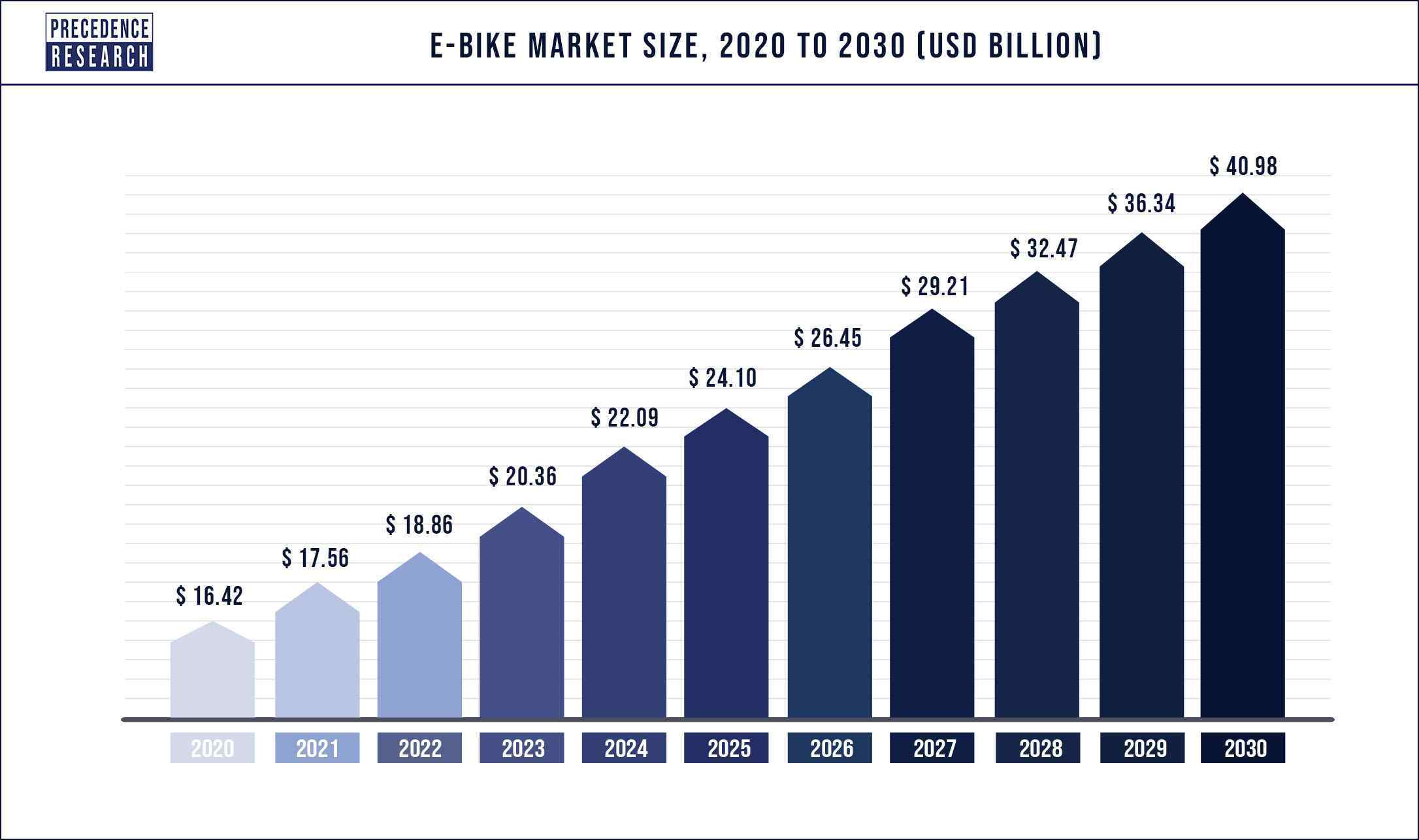E-bike sales in the UK have decreased for the first time in five years. However, the market is expected to resume greater growth beginning in 2024, according to market research firm Mintel.
Over the past five years, the number of e-bikes sold has trended upward, tripling in total from about 55,000 in 2017 to 160,000 in 2021. However, by 2022, that number is expected to drop to about 155,000 bikes. Additionally,t he market's worth increased similarly, from £65 million in 2017 to £330 million in 2021. Sales in 2022 are projected to be worth £310 million.

The cycling market has experienced a significant decline over the past 18 months as a result of declining customer demand and issues with the supply chain. An e-average bike's price has increased by more than 25 percent. However, some predict that the decline will be mild and very brief.
Mintel's Paul Davies commented "Consumers see cost as the biggest barrier to e-bike sales, and a weaker pound could push up prices in a market that relies heavily on imports.”
Also according to a study conducted by YouGov in November, the cost of living is now seen as the main driver of e-bike adoption. This confirms the findings of an earlier survey by bike advocacy group Bike is Best, which found that 69 percent of Britons are reassessing their travel preferences, with 50 percent of respondents saying e-bikes are the most "natural" alternative to cars.
And according to the Mintel study 55% of consumers believe the cost of petrol and public transport has increased the attractiveness of e-bikes, with 44% saying e-bikes and e-scooters should be used for short journeys rather than utilizing other modes of transport.

Thirty-four percent and 43 percent, respectively, said they would be interested in taking an electric scooter for a test drive.
Currently, hybrid/city bikes or e-MTBs account for about 90% of e-bike purchases, but Mintel notes that e-cargo bikes have "considerable promise," with 47% of Brits thinking that they should be used for deliveries in cities rather than vans.